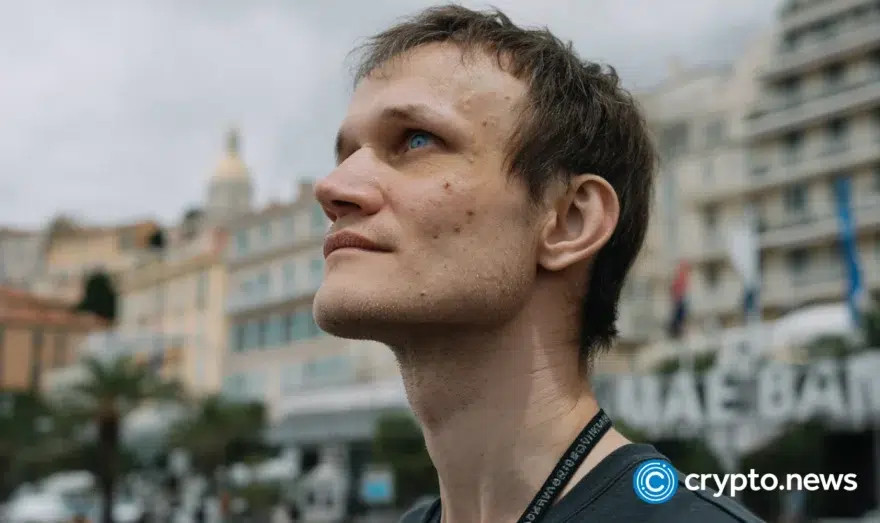Vitalik Buterin cautions against staking pools adopting DAOs

Ethereum co-founder Vitalik Buterin has voiced concerns over the increasing influence of DAOs in selecting node operators within liquidity staking pools.
In a recent blog post, Buterin cautioned against the growing influence of decentralized autonomous organizations (DAOs) in determining who operates Ethereum (ETH) staking pool nodes.
Buterin said that this development could place staking pools at risk from malicious entities.
“If a single staking token begins to dominate, it could lead to one potentially vulnerable governance mechanism controlling a large part of all Ethereum validators.”
Vitalik Buterin, Ethereum co-founder
Buterin pointed to the liquid staking provider Lido, which uses a DAO to verify node operators. Although he recognized Lido’s efforts to implement safeguards, he cautioned that more than a single defensive layer might be needed.
At the same time, Buterin explained that the Rocket Pool approach, which allows anyone to become a node operator with an 8 ETH deposit, currently worth approximately $13,406, also carries its risks.
He warned it could make it easier for bad actors to launch a 51% attack on the network and simultaneously force users to shoulder most of the costs.
Buterin underscored the importance of a mechanism to verify who can act as node operators, as unrestricted access could lead to intensified attacks using user funds.
To mitigate these risks, he proposed encouraging more comprehensive use of various liquid staking providers, reducing the chances of any provider becoming too large and posing a systemic threat to the network.
However, Buterin also acknowledged that reliance on “moralistic pressure” to address these issues isn’t a long-term solution.
Ethereum’s long-standing philosophy has been to maintain a simple core protocol while promoting the construction of applications and layer-2 solutions atop it. But as interest grows in integrating more advanced features into the core Ethereum protocol, Buterin has raised meaningful discussions about striking a balance between simplicity and innovation.
While integrating more features into the core protocol could potentially standardize solutions, avoid complications from diverse implementations, and enhance the user experience, Buterin also warned of the trade-offs. An excessively complex protocol, he noted, could overextend governance and may only sometimes meet evolving user needs.















